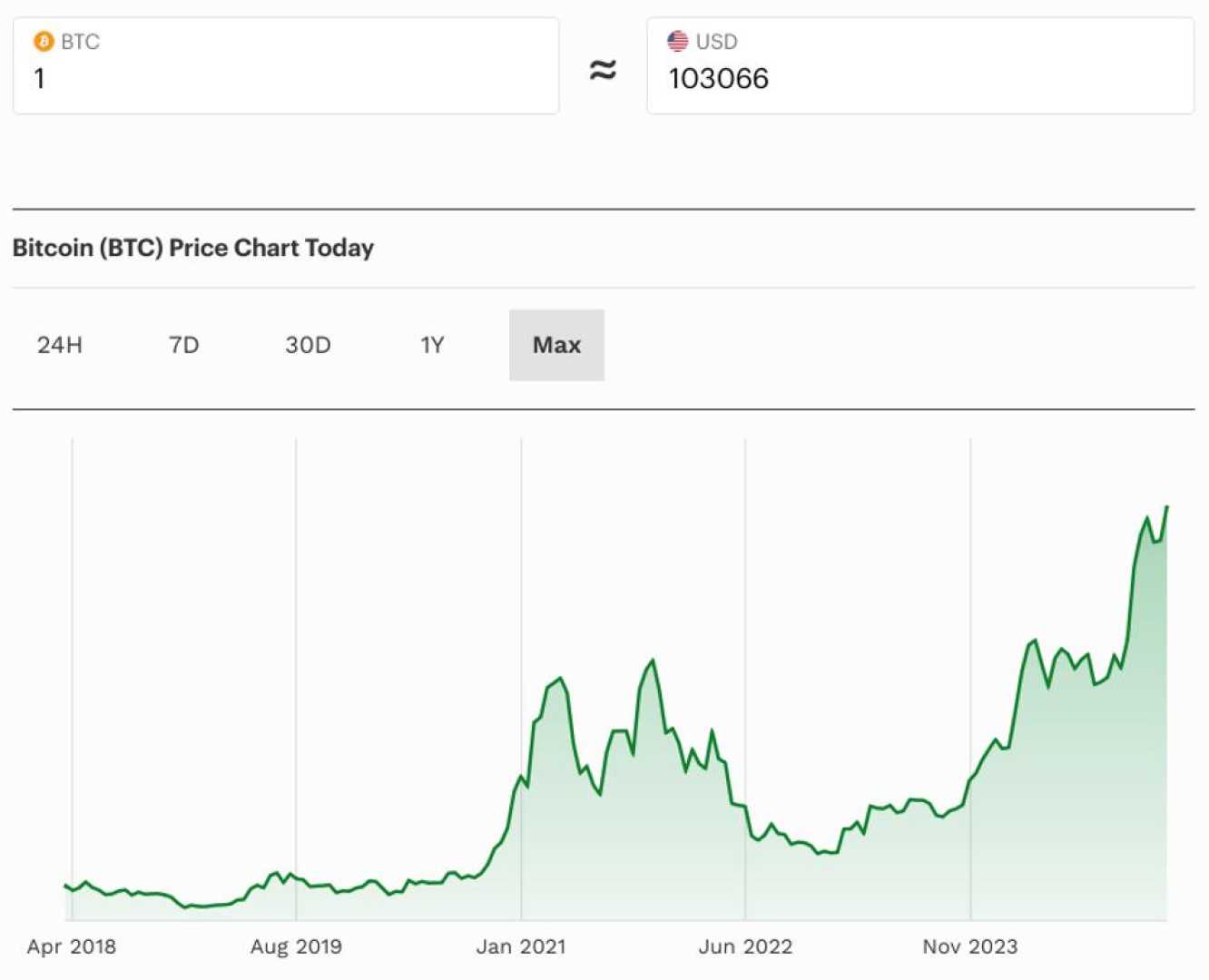Business
Bitcoin Faces Crash Fears Following Fed Warnings and Bybit Hack

NEW YORK, NY — Bitcoin and cryptocurrency prices took a sharp turn downwards after hackers targeted the Dubai-based Bybit exchange, igniting fears of a significant market crash. The incident, which surfaced late Friday, raised alarms among investors already on edge about broader economic indicators that could impact future price movements.
The Bybit hack initially caused a significant dip in the price of Bitcoin, although it has since shown signs of recovery. However, analysts are warning that a confluence of macroeconomic factors may push Bitcoin prices to a breaking point again. “There are concerns about stagflation returning to the U.S. economy, which could put downward pressure on all risk assets, including cryptocurrencies,” said Jack McIntyre, a portfolio manager at Brandywine Global.
Last week, a Bank of America survey revealed that expectations for stagflation—characterized by stagnant economic growth and rising prices—among global fund managers reached a seven-month high. “Stagflation has definitely re-emerged as a possibility… Persistent inflation will limit the Fed’s ability to maneuver,” McIntyre added.
The Federal Reserve has recently altered its course on interest rate cuts, initiating a cautious approach amid persistent inflationary pressures. Dan Coatsworth, an investment analyst at AJ Bell, noted, “Markets are now pricing in a 97.5% chance of no change to interest rates at the Fed’s next meeting in March, a stark shift from a month ago.”
As the Federal Reserve prepares to release its preferred inflation metric—the Personal Consumption Expenditures (PCE) price index—this week, many analysts predict another troubling report. This may compel the Fed to reconsider its rate cutting strategy. “It’s not out of the realm of possibility that the Fed may need to hike interest rates this year to combat rising inflation,” according to Jon Brager, a portfolio manager at Palmer Square Capital Management.
Adding to the volatile market dynamics, U.S. President Donald Trump has voiced discontent regarding the Fed’s current stance. Trump recently stated on social media that “interest rates should be lowered,” putting additional pressure on Fed Chair Jerome Powell.
James Toledano, chief operating officer at Unity Wallet, noted that investors are currently in a “wait-and-see” mode, trying to balance enthusiasm regarding institutional investments, particularly from Bitcoin exchange-traded funds (ETFs), with overarching economic uncertainties. “A major price crash seems fairly unlikely in the short term unless a significant macroeconomic or geopolitical shock occurs,” Toledano stated.
Despite the recent turmoil, Bitcoin has remained below the $100,000 threshold into February, prompting some analysts to warn of a potential major price shift. “Bitcoin continues to oscillate, while the general market dynamics seem to resemble a ball that’s bouncing but gradually getting lower,” observed Alex Kuptsikevich, chief market analyst at FxPro. “The local resistance remains around $3.20 trillion, and the floor has stabilized near $3.10 trillion for weeks. We could be poised for a sharp market movement.”












